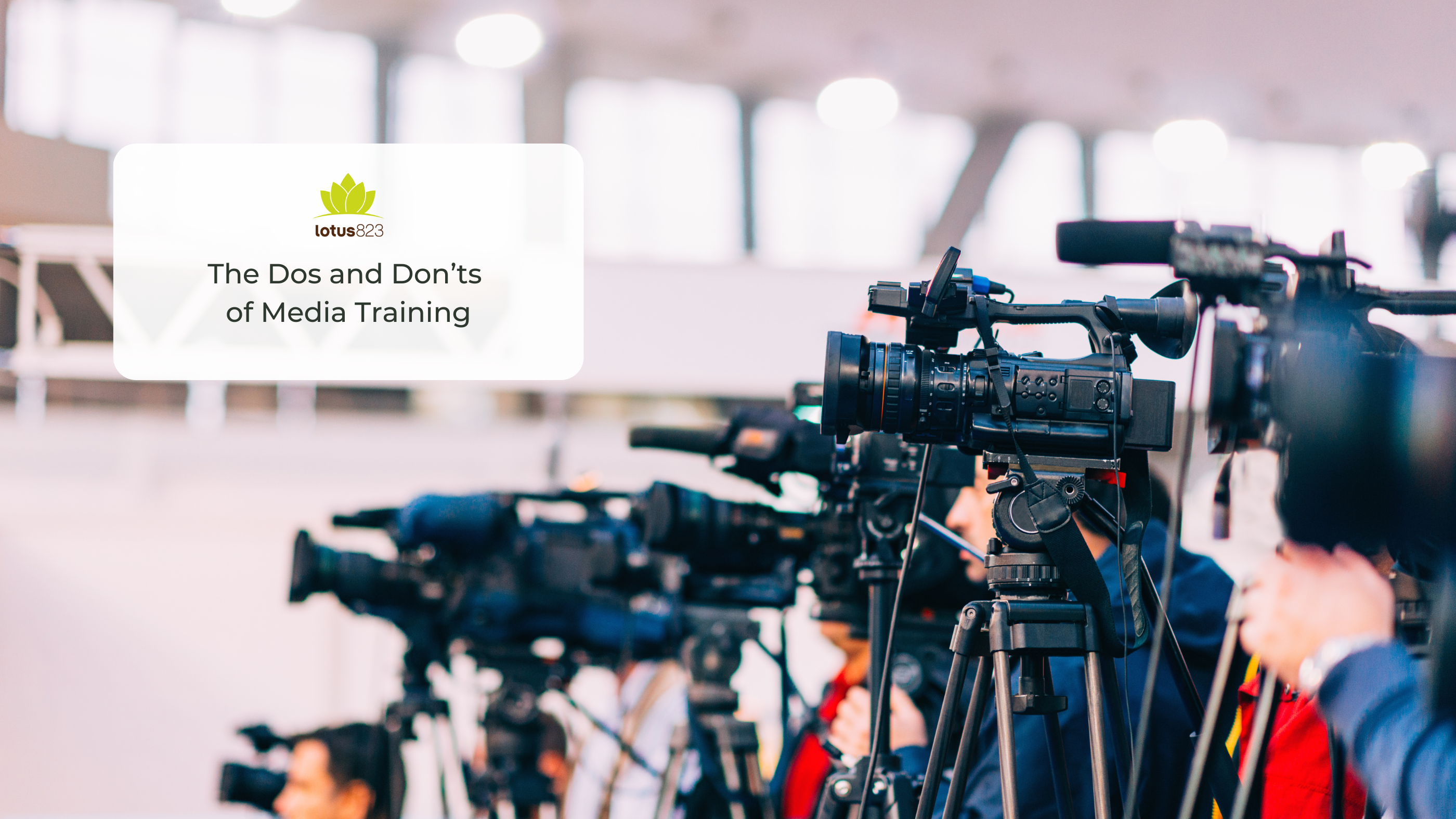
Whether you’re an executive or part of your company’s public relations team, there will come a time when you will be asked to speak on behalf of your company. With the help of media training, business professionals can prepare a variety of different tactics in order to ensure a positive, successful interview. If you were asked to speak to the media, would you be able to confidently navigate your way through the interview? Learn more about our top dos and don’ts of media training to ensure you are ready for whatever opportunities come your way.
Do: Prepare Key Messages and Statistics
Having key points, statistics, and messages that you can utilize throughout the interview will help drive the interview in a positive direction. These assets will also help create a clear, concise message for the interviewer and potential audience. Anticipating specific questions and practicing discussing talking points, such as company values, will help you stay calm throughout the interview.
Don’t: Underestimate the Importance of Body Language
What kind of story does your body language tell? Movements, such as head-nodding, excessive foot-tapping/shifting, or crossed arms, can easily be misinterpreted. Before the interview, practice answering your key messages in front of a mirror or on camera, and be aware of how your body language comes across and adjust accordingly.
Do: Know Your Journalist
Before your interview, take the time to look into the media outlet or journalist you are speaking to and gain an understanding of the type of questions they typically ask. By thoroughly understanding the media outlet’s audience, potential questions that might be asked, and more, you can anticipate how the interview will go. Another tip: be aware of any negative press or articles about your company or brand from your interviewer. Understanding your interviewer’s perspective before heading into the interview is essential.
Don’t: Assume You’re Off-Record
Every moment of your interview is always on the record! From the minute you are in the presence of your interviewer up until the moment you leave, it is on the record. If there is something you’d like to be kept off the record, then it’s better not to risk it.
Practice makes perfect! Start preparing your media presence for potential interviews, so that when the day comes, you are more than prepared. Reach out to our PR team with long-standing relationships and meaningful brand exposure for help today.






